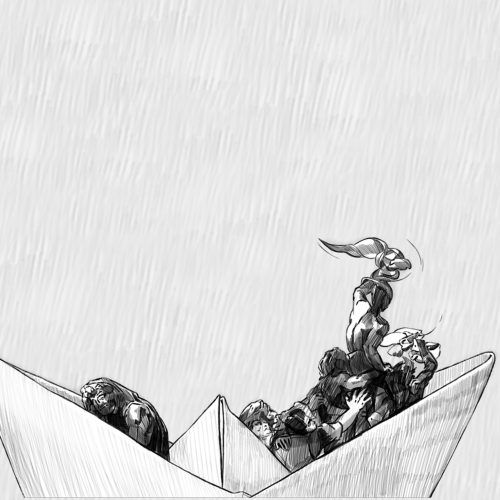COVID-19 vs migration
Amid the coronavirus pandemic, concerns are growing among health experts and associations about the impact that the global spread of coronavirus could have on the vulnerable displaced population if the virus reaches refugee camps around the world. Nowadays, 70.8 million people are forcibly displaced people worldwide.
In Bangladesh, where more than a million of people live in 34 refugee camps, activists urge more water to ensure adequate hygiene.
On the border between Mexico and the United States, at the camp in Matamoros, where 2,500 people live in tents, if COVID-19 arrives in the camp, “it will be catastrophic,” a doctor told Al-Jazeera. In Greece, Medecins Sans Frontieres warned that evacuations of refugee camps are “more urgent than ever”, given the lack of adequate sanitation services and limited medical care.
Over 19,000 people are confined in camps in Lesbos island, where a confirmed case of Covid-19 on Lesbos has sparked fears of the impact of the overcrowded Moria refugee camp. Besides, the UN refugee agency (UNHCR) has temporarily suspended sending refugees on to resettle in new permanent houses abroad because of travel restrictions























